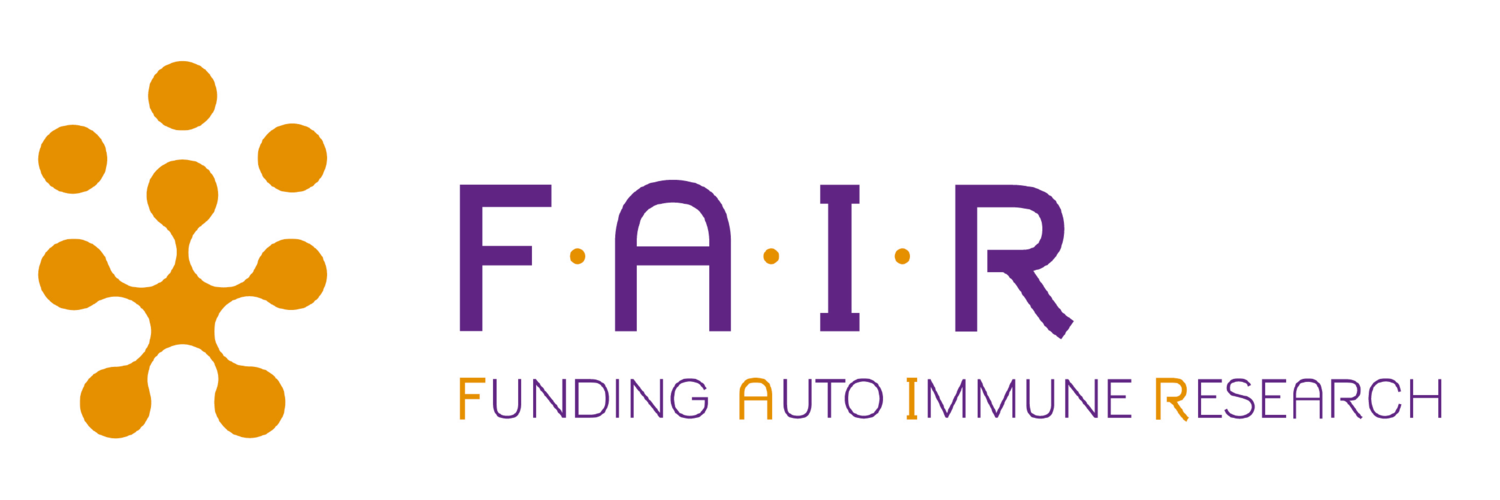Systemic Inflammation in Cystic Fibrosis
A project led by Professor Christian Hedrich, Professor of Child Health and Honorary Consultant Paediatric Rheumatologist.
Cystic Fibrosis (CF) is a genetic condition that can have devastating effects on many organs, in particular the lungs and digestive system. Inflammation (that is part of the body’s immune response) is thought to play a key role in the organ damage that occurs in CF, however the exact mechanisms triggering inflammation remains unclear. Some CF patients develop additional symptoms, including joint pain and/or inflammation (arthritis), and some patients experience vasculitis (blood vessel inflammation) both of which are thought to be due to uncontrolled activation of immune cells.
Living cells are dependent on the movement of chemical compounds around the body. These processes are dependent on the body’s water and salt balance. The movement of salt in and out of cells is disrupted in CF which results in thickened mucus in the lungs and digestive tract. Thus, altered salt concentrations in the airways may be a central step in the pathophysiology of systemic inflammation in CF.
Immune cells contain protein complexes, so-called ‘inflammasomes’, that assemble in response to danger signals, resulting in the release of inflammatory proteins. Of note, ‘inflammasomes’ have recently been shown to act as sensors for increased salt concentrations. Thus altered salt concentrations may trigger inflammatory responses and immune cell activation that may result in the inflammation observed in CF.
The aim of this project is to investigate the influence of high salt concentrations on inflammasome expression and activation in human immune cells.
(Note. For those wondering why we funded a project relating to CF, which is not itself an auto-immune disease: the aim is to look for shared mechanisms across the spectrum of autoimmune / inflammatory conditions. This research project is specifically looking at the inflammatory complications seen in CF hoping that this will give insight into mechanisms of autoimmunity that be applied to other patients. Unfortunately, patients with CF frequently experience secondary inflammatory problems such as arthritis or vasculitis and it is research into this immune response that was being proposed).
